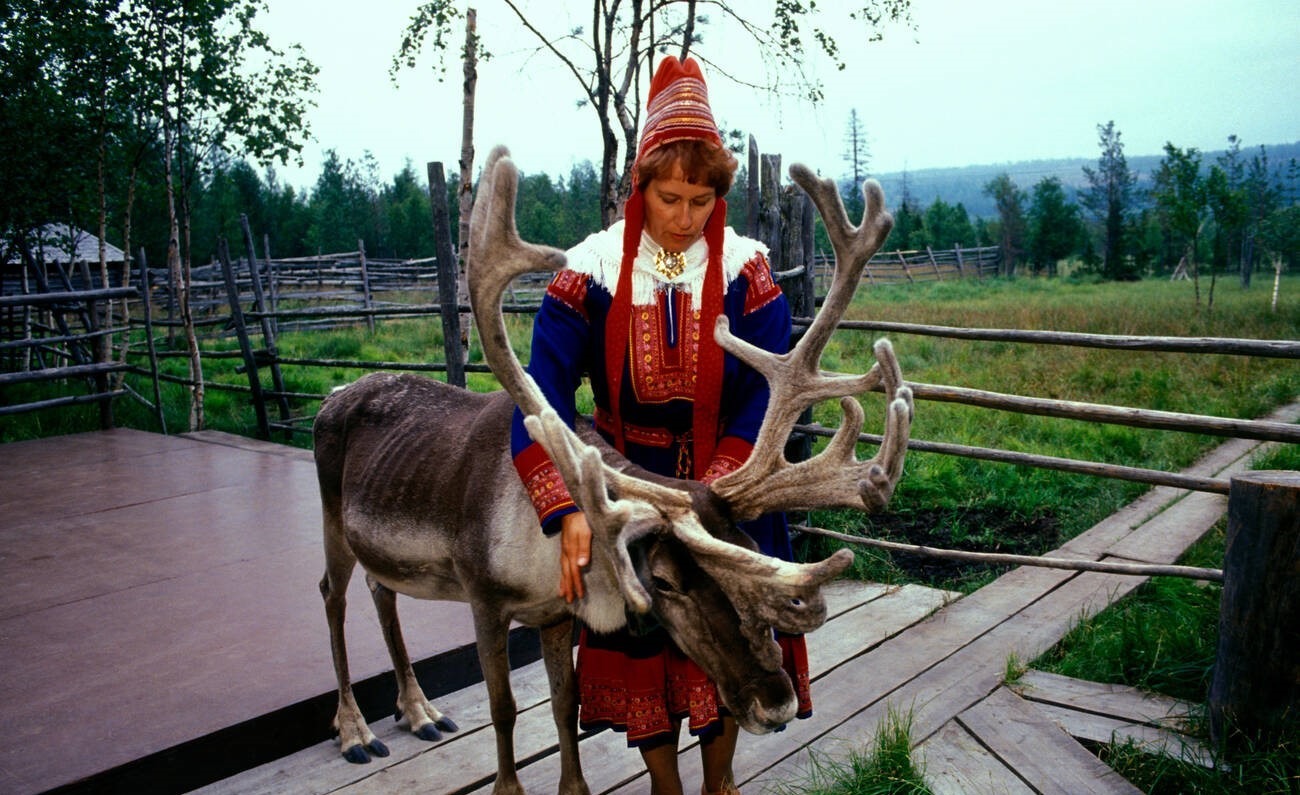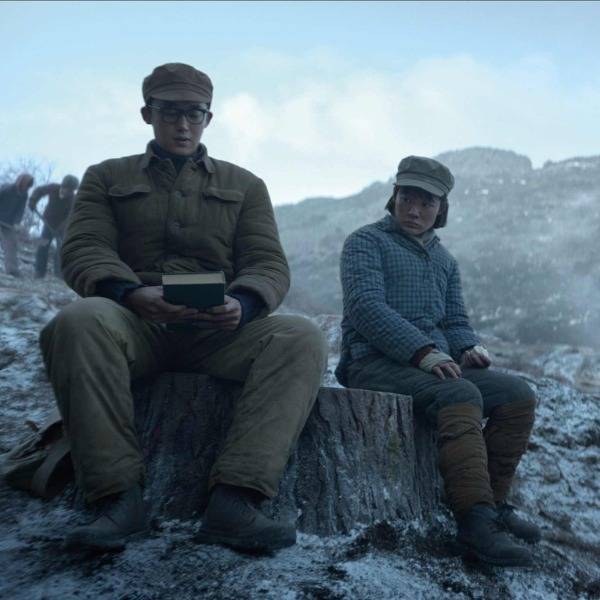
Stolen (Bloomsbury) by Ann-Helén Laestadius, translation by Rachel Willson-Broyles
The Sámi are descendants of the nomadic people who have inhabited northern Scandinavia for centuries. Today they reside in Sápmi, which encompasses stretches of northern Norway, Sweden, Finland and the Kola Peninsula in Russia. Their main livelihood is from reindeer herding, which provides them with meat, fur and transportation. But they have long endured abuse, hate crimes and racism and have been forced to concede their grazing land to industries such as forestry and mining.
Ann-Helén Laestadius is Sámi and of Tornedalian descent (two of Sweden’s national minorities) and her debut adult novel draws on real-life events that have occurred in Sápmi for years. Already an international bestseller, Stolen is being adapted into a film for Netflix scheduled for 2024. A journalist, as well as an award-winning writer of children’s fiction, Laestadius says in an author’s note that she has read “more than a hundred police reports about killed and tortured reindeer. Not one of them has led to prosecution.”
Stolen opens in a reindeer corral as a figure, bloodstained knife in hand, is bent over an animal’s carcass. Elsa is just nine when she witnesses the violent act of a poacher who kills her reindeer calf, cuts off its ears so the owners can’t be identified, and threatens to murder her if she breathes a word. The trauma haunts Elsa for the novel’s duration. The first third of the book, set in 2008, is seen mainly from Elsa’s perspective. The family knows who is committing the violence against their reindeer – a local man who sells the meat illegally – but the police don’t take them seriously and categorise the poaching as the lesser crime of theft. The prejudice they endure proves overwhelming and one of their extended family takes his own life.
When Laestadius shifts to 2018, the novel becomes considerably darker with descriptions of the brutal torture and killing of reindeer. Elsa is now a courageous young woman who takes on some of the roles usually conducted by the men in the reindeer collective and publicly criticises the local police’s refusal to prioritise the various crimes against the indigenous group. We follow Elsa’s fight for justice, and the Sámi’s attempts to deal with new threats such as climate change and its impact on their herding.
Laestadius depicts the Sámi’s routines with their reindeer – including calving, marking and separation – that reflect the changing seasons, as well as the colourful gákti they wear, and joiking, one of the oldest song traditions in Europe. This occasionally feels repetitive and slows the narrative tension, but Laestadius is keen to build their world through these details. There is a poignant subplot involving the failing memory of Elsa’s Áhkku (grandmother), whom the family eventually have to place in a care home. Áhkku teaches Elsa never to boast about her reindeer herd and to recognise that good fortune can disappear in a moment. When she marks the calves Elsa tells them: “I don’t own you, you belong to yourself. You are only mine on loan.” The use of Sámi words throughout adds to the evocative landscape she creates.
An epic, multi-generational tale, translated from the Swedish by Rachel Willson-Broyles, Stolen is a clear-eyed, sometimes shocking account of the persecution of a people whose language has been restricted, their culture repressed and land taken from them. Laestadius’s description of the layers of trauma passed down the generations is particularly affecting. But there’s hope in their fortitude. As she says in her opening note: “I don’t have a language, and I don’t have any reindeer, but I have my heart which is very much Sámi. And no one can take that away from me.”
This article is from New Humanist's winter 2023 issue. Subscribe now.

